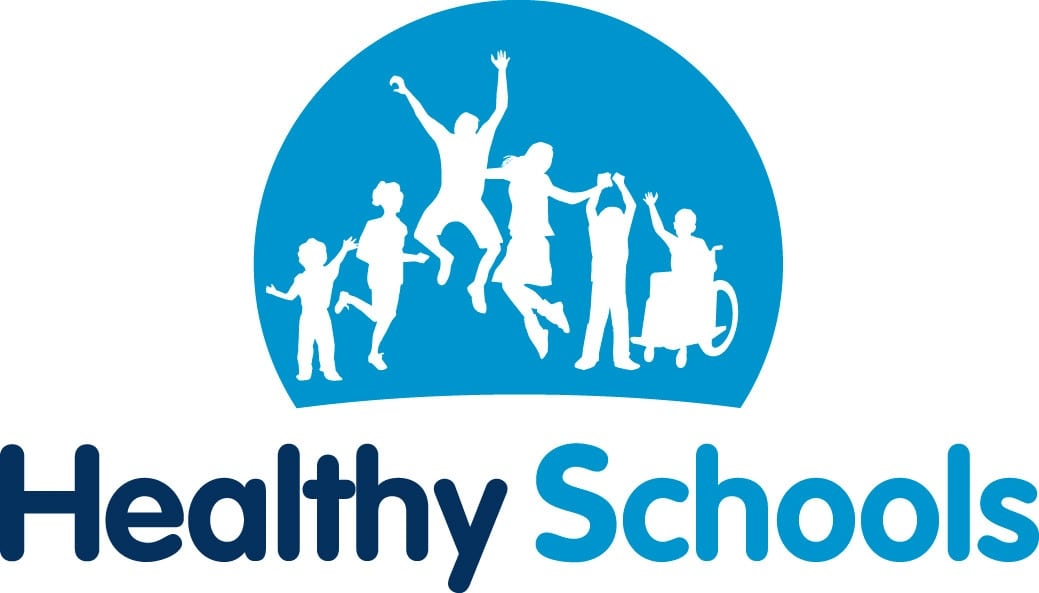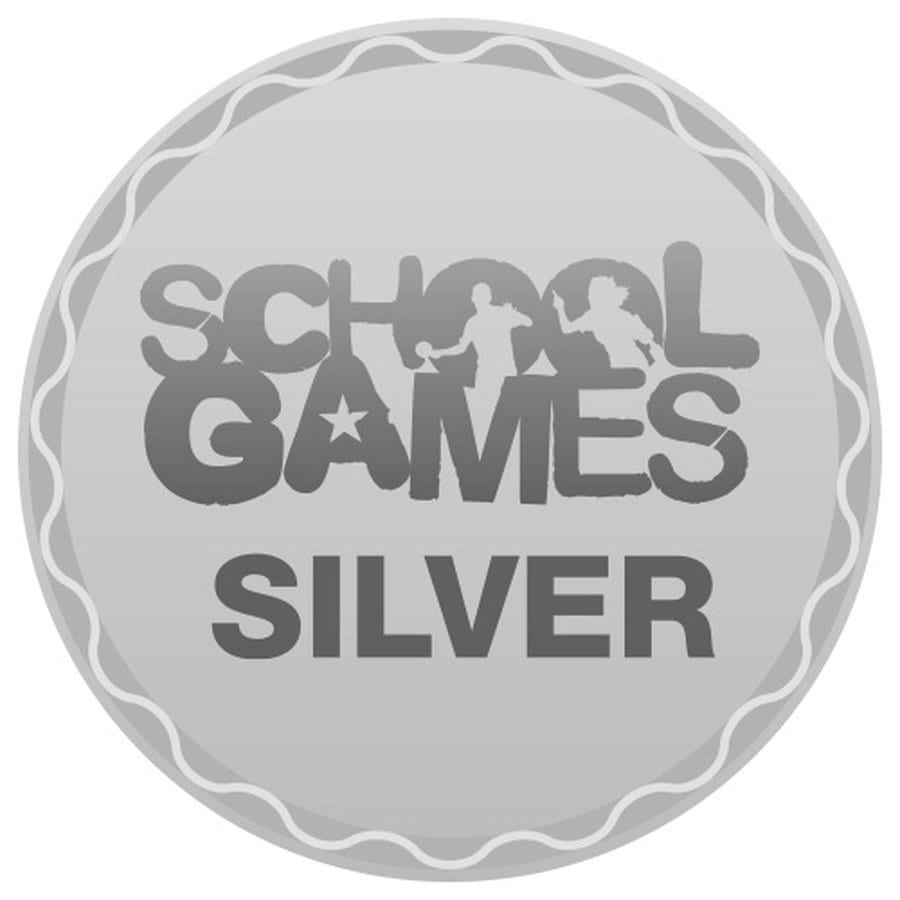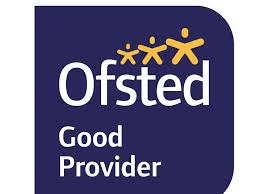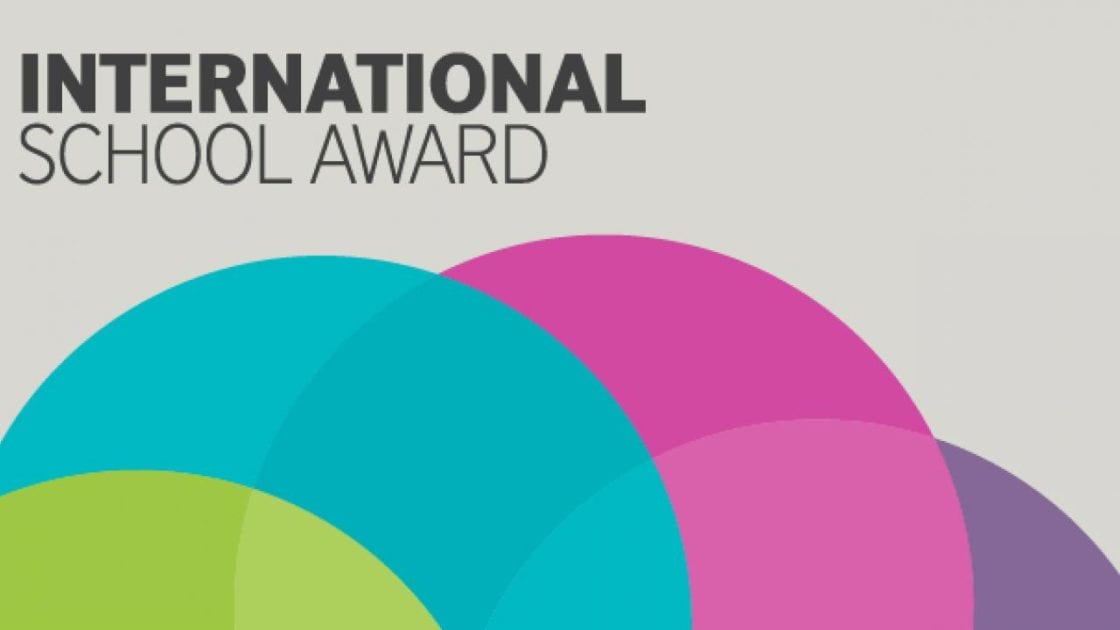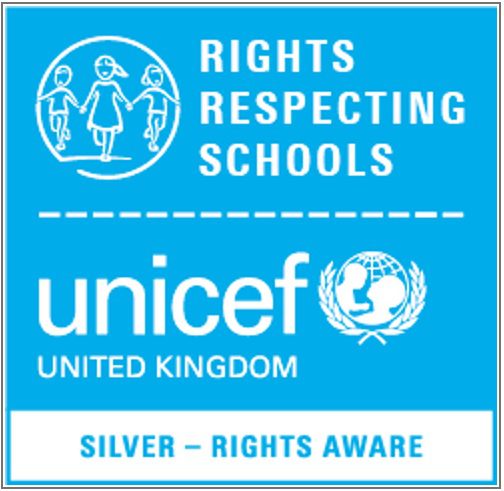English Subject Lead: Miss Pole
Phonics Lead: Miss Pole
An effective reading curriculum:
- Provides pupils with the knowledge they need for comprehension
- Ensures that pupils read a lot
- Is supported by the careful choice of increasingly challenging texts
‘Children learn to read so that they can read to learn!’
At Stanley Crook Primary School, teaching children to become fluent readers with good understanding is our number one priority. From a child’s very first day in school, we aim to instil a lifelong love of reading. We believe that reading is fundamental to every child’s learning and the key to all knowledge.
We put reading at the heart of our curriculum – not only teaching children how to read, but also developing a life-long love and enthusiasm for reading – so that each child understands the importance of reading within their learning journey.
We teach children to read so that they can read to learn!
Our principle aims from the National Curriculum for England are to ensure that all pupils:
- Read easily, fluently and with good understanding
- Develop the habit of reading widely and often, both for pleasure and to gather information
- Acquire a wide and rich vocabulary
- Appreciate our varied literary heritage
We know that future success is linked directly to a broad vocabulary, a love of reading and the ability to communicate effectively. Reading enables children to develop a richer vocabulary and an understanding of their world.
At Stanley Crook, we believe all children should have the opportunity to be confident, fluent readers who can comprehend a range of age-appropriate texts. We want pupils to develop a love of reading, a good knowledge of a range of authors, and a greater understanding of the world in which they live, through the knowledge they gain from texts. By the end of their time at Stanley Crook, it is our intention that all children should be able to read fluently and with confidence, in any subject in their forthcoming secondary education. We understand the importance of parents and carers in supporting their children to develop both word reading and comprehension skills.
Reading Schemes used across school:
- Twinkl Phonics Scheme (DFE Approved)
- Rhino Readers (Decodable reading material linked to phonics scheme)
- Collins Big Cat (Decodable reading material linked to phonics scheme/ progression), Guided Reading, 1:1 Teacher/ Pupil reading, Phonics Support, Intervention for struggling readers
- CLPE Power of Reading
- Accelerated Reader including termly Star Reader Assessment and individual pupil assessment upon completion of each book
- Speech and Language support via Let’s Talk (weekly) and SALT service (periodically) for those pupils identified as requiring additional support
How school ensures that reading is prioritised and that children develop a life-long love of reading:
- Reading is prioritised across school so that every child learns to read with age-appropriate fluency and understanding as a means of enhancing access to learning across the curriculum.
- A priority is to move children from ‘learning to read’ to ‘reading to learn’ so that reading skills can be applied in support of wider learning and vocabulary development.
- Timetables for each Team clearly reflect this priority with dedicated time for reading (reading 1:1, comprehension, story time, children sharing writing, comprehension, guided reading, songs, rhymes).
- Every Team highlights core teaching sessions of fluency to involve 1:1 reading and whole-class reading comprehension alongside a carousel of guided reading learning tasks. This provides children with opportunities to develop automaticity to read with accuracy and speed in determining the meaning of a text.
- Every pupil, across school, is read with on a 1:1 basis AT LEAST three times per week with a skilled adult. This provides effective opportunities to focus on the assessment of individual CD targets, word recognition, language comprehension and identification of specific gaps in reading skills.
- The lowest 20% of readers across school read 1:1 with a skilled adult every day, and are involved in effective reading interventions to enable rapid ‘catch up’.
- Every pupil has exposure to some form of reading every day.
- Decodable reading material for early readers reflect the Grapheme-Phoneme Correspondences (GPCs) which have been taught and those common exception words taught at any point in time. These books follow the sequence of phonics teaching and the SSP in school to ensure fidelity across this provision.
- Reading records evidence 1:1 reading in school separate to reading at home – this provides greater clarity and more precise guidance for staff in relation to a pupil’s progress and targets for improvement, through ongoing evaluation of reading progress and judgements of a skilled adult.
- Collins Big Cat reading scheme is used in school for 1:1 reading sessions. Additional material from the scheme has also been purchased to support guided reading sessions and phonics (decodable material).
- Accelerated Reader continues to provide valuable summative assessment information for pupil progress and targets, along with opportunities for pupils to self-assess through independent reading choice. Accelerated Reader reading books are used as ‘home reading’ material for pupils judged as secure in the phonetic code. This provides valuable opportunity for children to experience a wider range of authors and texts, while also supporting language and vocabulary development.
- CLPE is used as a core element to the planning and delivery of English in each Team. Each half-term, every Team focuses on a high-quality text to plan and deliver a wide range of curriculum learning tasks, including reading and writing opportunities. Texts are chosen based on a range of factors including the CLPE Progression and Sequencing plan, a review of pupil/ cohort targets and areas for improvement and an analysis of previously chosen texts and impact on learning. Teaching sequences are adapted to ensure that targeted curriculum objectives are focused on across reading and writing opportunities and (where relevant and purposeful) connections are made with other curriculum subject areas such as science, DT, computing etc.
- High-quality texts are used to compliment learning across curriculum subjects and provide increased opportunities for children to apply their reading skills in context so that they are able to read to learn in order to support and accelerate development of key subject-specific knowledge, skills and vocabulary.
CLPE Power of Reading
CLPE is utilised as the core mechanism by which to plan and deliver a reading-rich, book-led curriculum, with high quality text-types carefully sequenced into a whole-school progression plan covering a range of reading genres.
This ensures that children experience a wide range of text-types through enriching high-quality book choices, aimed at also promoting pupil’s knowledge and understanding of diversity, inclusion, social responsibility, the causes of social disadvantage and British Values.
Text-type progression and sequencing planning also provides children with a wide range of opportunities to enhance their writing skills.
Top Tips to help your Children with Reading
Accelerated Reading Home Connect
At Stanley Crook Primary School, we value the importance of parental engagement within pupil’s learning at home. By following the link below, parents/ carers are able to view progress reports and measures for their child.
The Renaissance Place a Home Connect system, which can be accessed from any web-enabled computer, will allow parents/ carers to keep track of their children’s progress.
Please access Home Connect you will need your child’s AR username and password to do so. Once in the program, you can view your child’s progress towards targets, points and books read. You can also access AR BookFinder to search for titles of interest. You can only access information about your own child.
Accelerated Reader Parent’s Guide
Do you have questions regarding Accelerated Reader in school? Do you want to find out more about how we use this scheme to improve and strengthen reading ability?
We have developed a Parent Guide to provide a range of information regarding the Accelerated Reader reading scheme. Of course, if you do have any more questions, please do not hesitate to contact your child’s class teacher.
- Accelerated Reader Parent Guide
- Accelerated Reader Policy
- Ready to Learn Leaflet
- Ready to Learn Speaking and Listening Leaflet
Adobe Reader
You may need a product like Adobe Reader (free download) to view our PDF documents on our website.


